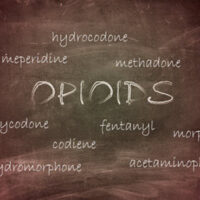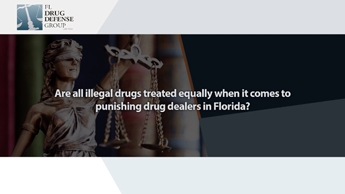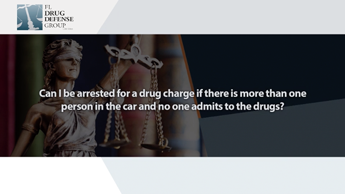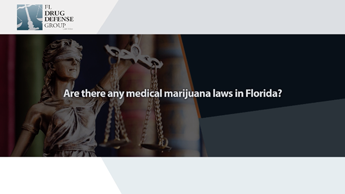Can Possession Of Opioids Be A Misdemeanor?

Different drugs have been the subject of moral panics at various points in history; there are documentaries on Netflix that will fill you in on the details of some of them. In the 1980s, all you had to do was say “crack cocaine,” and the room would fall silent. Before then, people were scared of hallucinogens, and before that, marijuana. Today, Floridians do not have to click on any scaremongering news videos to see the horrors caused by the opioid abuse epidemic; the traces of the pill mills are still in evidence, and the Florida Shuffle is still in full swing. Ask anyone currently involved in the Florida Shuffle, and they will tell you that getting addicted to one opioid when it is prescribed to you and then taking any opioid you can find once you can no longer get prescriptions for the original one is the path that many denizens of the Shuffle have followed. Therefore, in some contexts it makes sense to speak of opioids as a general category, but from a legal standpoint, not all opioid drugs are interchangeable. The penalties for possession of most opioids are severe, even if you only had a small quantity of the drug in your possession, but no matter which drug it was, the outcome of your case will be best if you contact a Florida drug offense attorney.
How the Controlled Substances Act Classifies Opioids
The term “controlled substances” refers both to drugs that are always illegal and to drugs that are available only by prescription. The federal Controlled Substances Act divides controlled substances into five categories, known as Schedules I through V. The schedules have to do with how dangerous the drug is considered, not with the drug’s chemical composition. (For example, there is not a schedule for opioids, a schedule for central nervous system stimulants, a schedule for hallucinogens, and so on.) Therefore, the various opioid drugs belong to different schedules of controlled substances.
Schedule I controlled substances are drugs that are always illegal; heroin belongs to schedule I, and so do some drugs with a much less scary reputation, like MDMA and cannabis. Schedules II through V are drugs that have legal medical uses but also carry the risk of abuse. Hydrocodone and oxycodone are schedule II controlled substances. Different preparations of codeine belong to different schedules. Buprenorphine, commonly used to treat opioid addiction, belongs to Schedule III. Possession of Schedule I, II, III, or IV controlled substances is a felony, no matter how small the quantity. The only exception is if the drug has been legally prescribed to you.
Schedule V controlled substances are prescription drugs with a low but considerable potential for misuse. Some prescription cough syrups containing low doses of codeine are Schedule V controlled substances. Possession of Schedule V controlled substances that have not been prescribed to you is a misdemeanor.
Contact FL Drug Defense Group About Criminal Charges for Possession of Opioids
A Central Florida criminal defense lawyer can help you if you are facing criminal charges for possession of prescription opioids. Contact FL Drug Defense Group in Orlando, Florida to discuss your case.
Source:
leg.state.fl.us/Statutes/index.cfm?App_mode=Display_Statute&URL=0800-0899/0893/Sections/0893.03.html







